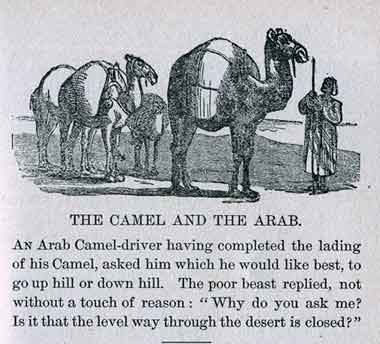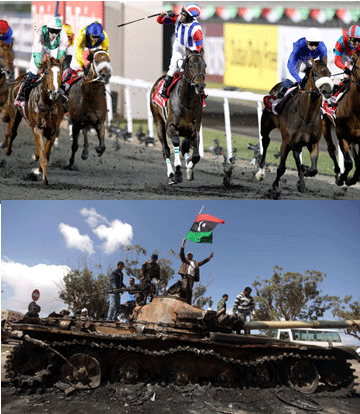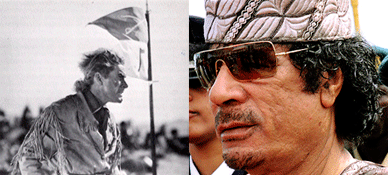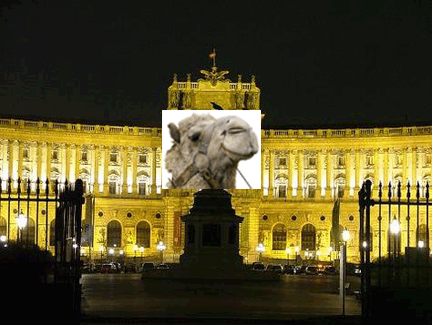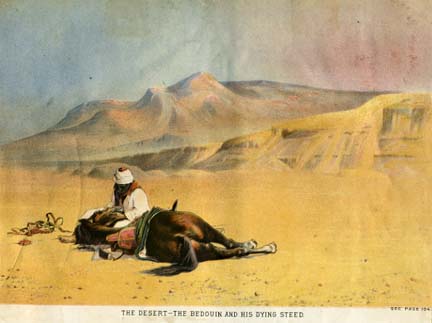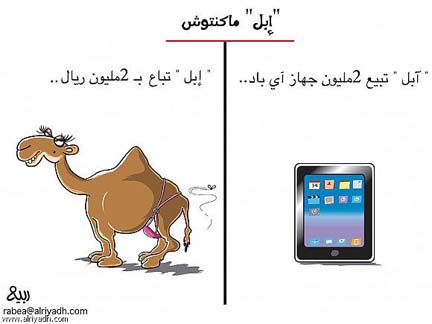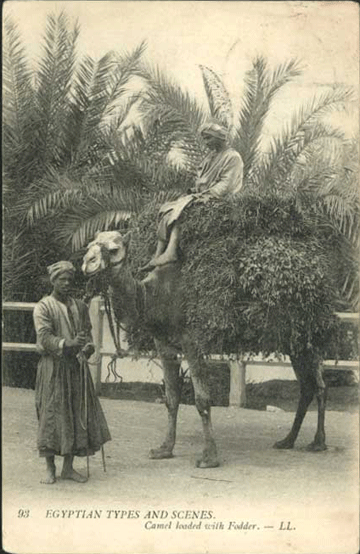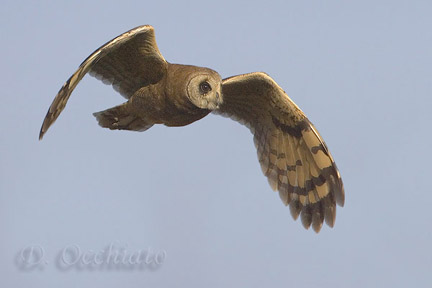
Marsh Owl, Morocco, Merja Zerga February 12th, 2006 © Daniele Occhiato
by Anoaur Majid, Tingis Redux, March 1, 2011
Now that the fever for freedom has seized the minds of Arabs and others across the world, the question of what exactly needs to be done is sure to be the next preoccupation. The list of demands is obvious across the board—end of corruption and abuse of power, free quality education and health care for all, the right to work (which is, by the way, a human right enshrined in the United Nations’ Universal Declaration of Human Rights), a social order based on respect and dignity, and several other rights that may be specific to one community but not to others.
For example, the Moroccan magazine TelQuel recommends a secular constitution for Morocco that doesn’t make Islam the official religion of the state; the absolute end of polygamy and full rights for women; the ability to discuss the royal and military budgets; better wages, unemployment benefits and social security coverage; freedom of religion; freedom of the press; prison reform and the formal abolition of the death penalty; making the darija Morocco’s national language (something I called for years ago); and so on. TelQuel lists 50 items and the reader, I am sure, could add a whole lot more.
The thing to remember, however, is that meaningful sustained reform is going to take time. Some of these objectives could be implemented in short order, others may take at least a decade, and a number of projects could easily involve the work of generations. I like to tell people that Morocco will probably be the place of my dreams after I have left this world. I know many opportunities were wasted since 1956 (the year Morocco got its independence), but I also know that no one can bend the arc of time to suit a political agenda. Most change doesn’t happen overnight, and progress depends on the seeds we plant today. In any case, now that the people’s genie is out in the streets, one thing’s for sure: There is no going back to the status quo ante. Continue reading The Owl’s Cry →
